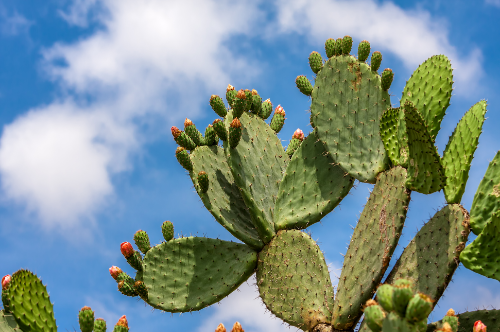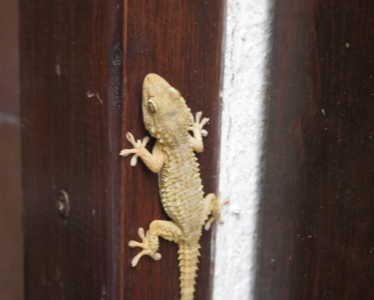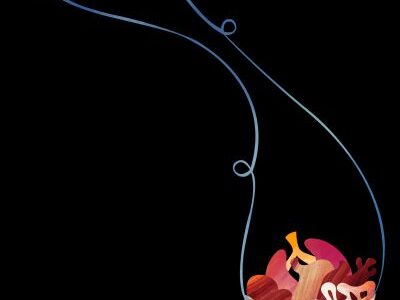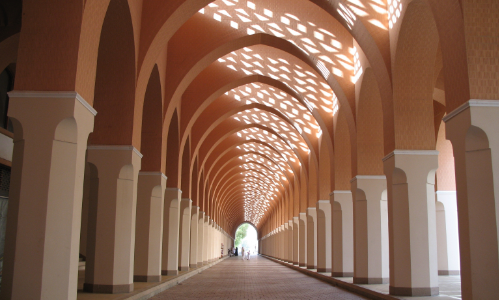Shall we get acquainted? I’m a cactus, you can shortly call me “cacti” if you like. My name comes from the Greek word meaning “spiny plant”. You might know me from the movies. Yes, the solitary, large-bodied, and spiky plant of the deserts.
We have over 5,000 species. While our largest members can reach up to 15 meters in height, there are also tiny, adorable, flowering varieties that decorate tables. We are resilient to drought; we usually live in deserts and places with hot climates. Our roots are very long and thick, and our spines are our leaves.
Cooperation
Do not fear me because of my spines. They protect me and also provide shelter for animals like birds that seek refuge with me. To love a cactus is to tolerate its thorns. By the way, I get along well with animals. Animals like iguanas and rabbits living in the desert find me when they are thirsty. Some animals, like bats, feed on my flowers and fruit. Meanwhile, bats play a role in the continuation of my species by carrying my pollen to other cacti. They, along with the wind, are employed in this event called pollination.
Water Needs
Our Creator made us resistant to drought. To minimize water loss, our leaves were designed as spines. Since our spines do not transpire like leaves, our water loss is minimal.
Rain is very rare in the desert. Therefore, we meet our water needs from dew drops, humidity in the air, and the soil. On foggy days, dew droplets sometimes form on us. We open the pores at the base of our spines to absorb the water inside. Also, our roots are created to be very long to absorb water from the soil. Our roots, which can extend up to 18 meters, can meet the water needs from a wide area.
Cactus Fruit
Many people don’t know, but some of our larger species have a fruit known as “prickly pear” or “cactus fig.” The fruits, the size of an egg, are bland, but they are rich in Vitamin C, which boosts body resistance and provides strength and vitality. The prickly and hard-shelled fruits are yellow and pink. It is also said that our fruit, which contains other vitamins, soothes the digestive system, regulates bowel habits, and relieves constipation. Don’t eat them without removing the thorns and peel!
Nutrition
Now I’ll tell you about a very interesting feature of ours.
As you know, the nutrition process for plants involves using carbon dioxide from the air, water from the soil, and sunlight to produce the necessary energy (photosynthesis). During this process, pores open, and some of the water inside the leaves evaporates into the air. The plant then absorbs more water from the soil through its roots. However, if we open our pores during the day, when the heat is most intense, we would die from water loss. Therefore, we store the gas needed for photosynthesis at night when the air is cooler. During the day, with the help of sunlight, our Lord bestows our sustenance upon us, and we continue to live. Meanwhile, we release oxygen into the air, which is vital for you.
Our Lord gives each creature the characteristics it needs, including us with this feature.
Patience and Frugality
If it doesn’t rain for a few months, people panic thinking they will run out of water. When water levels in dams decrease and rivers dry up, people remember the value of water and start to economize. However, a hadith goes as follows: “Abdullah ibn Amr narrated: ‘One day Sa’d (ibn Abu Waqqas) was taking ablution while the Messenger of God (peace and blessings be upon him) happened to pass by. ‘What is this extravagance?’ he asked. Sa’d asked, ‘Is there extravagance in ablution too?’ The Messenger of God replied, ‘Yes, even if you are at a flowing river.’”[1]
Some of our features are bestowed upon us to serve as examples for humans. For instance, sometimes it doesn’t rain in the desert for months. We are patient and use the water we have stored with a special feature given by our Lord in an economical way. During foggy times, at night, we don’t waste even a tiny dewdrop that accumulates on us; we absorb it. The locations of the pores at the roots of our spines are created accordingly.
Lastly, there’s an urban myth about us. We’re supposed to be beneficial against radiation! If we had such a feature, I would have told you, right?
[1] Ibn Majah, Taharah, 48.




